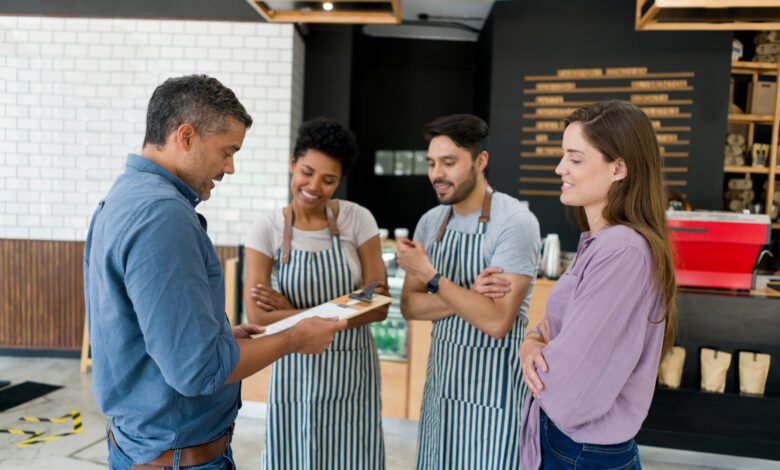How can technology support a more personalised guest experience against the backdrop of rising costs?
By Ollie Brand, CEO at kitchen management technology provider, Zupa

Food inflation hit a 41-year high of 11.1% in October 2022, according to government figures. And although the latest BRC data has revealed that food inflation decelerated to 11.5% in August (it’s lowest since September 2022), experts are still predicting that consumers will remain cautious with discretionary spending as we head towards Christmas.

